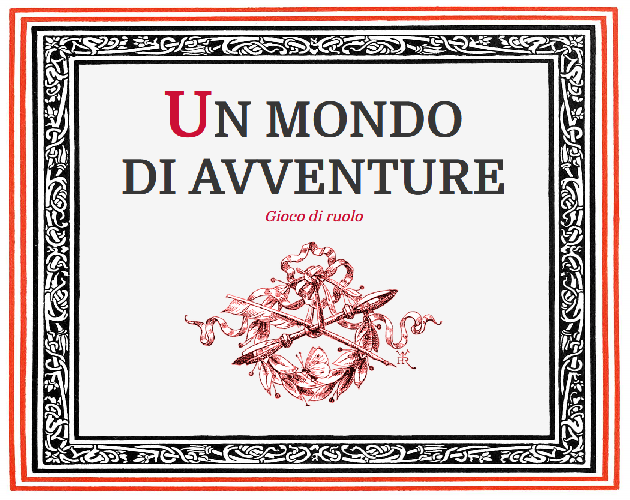Hi there. I wonder what was the biggest or most interesting challenge for your when localising Adventures from Another World into your language (or in general)?
I found the "approaches" tricky and I have seen quite some variantion when comparing the German translations.
And what about "trouble"? It can cause trouble but is also some kind of weakness, too.
How did you tackle the "time jump", when the Fate Dice™ and the Deck of Fate are mentioned, purchasable on www.evilhat.com? Did you keep the years 2013/2014 in it? And have you kept the "future" tense in "The Deck of Fate will be available from Evil Hat in 2013 or 2014"?
I am curious about your ideas.



